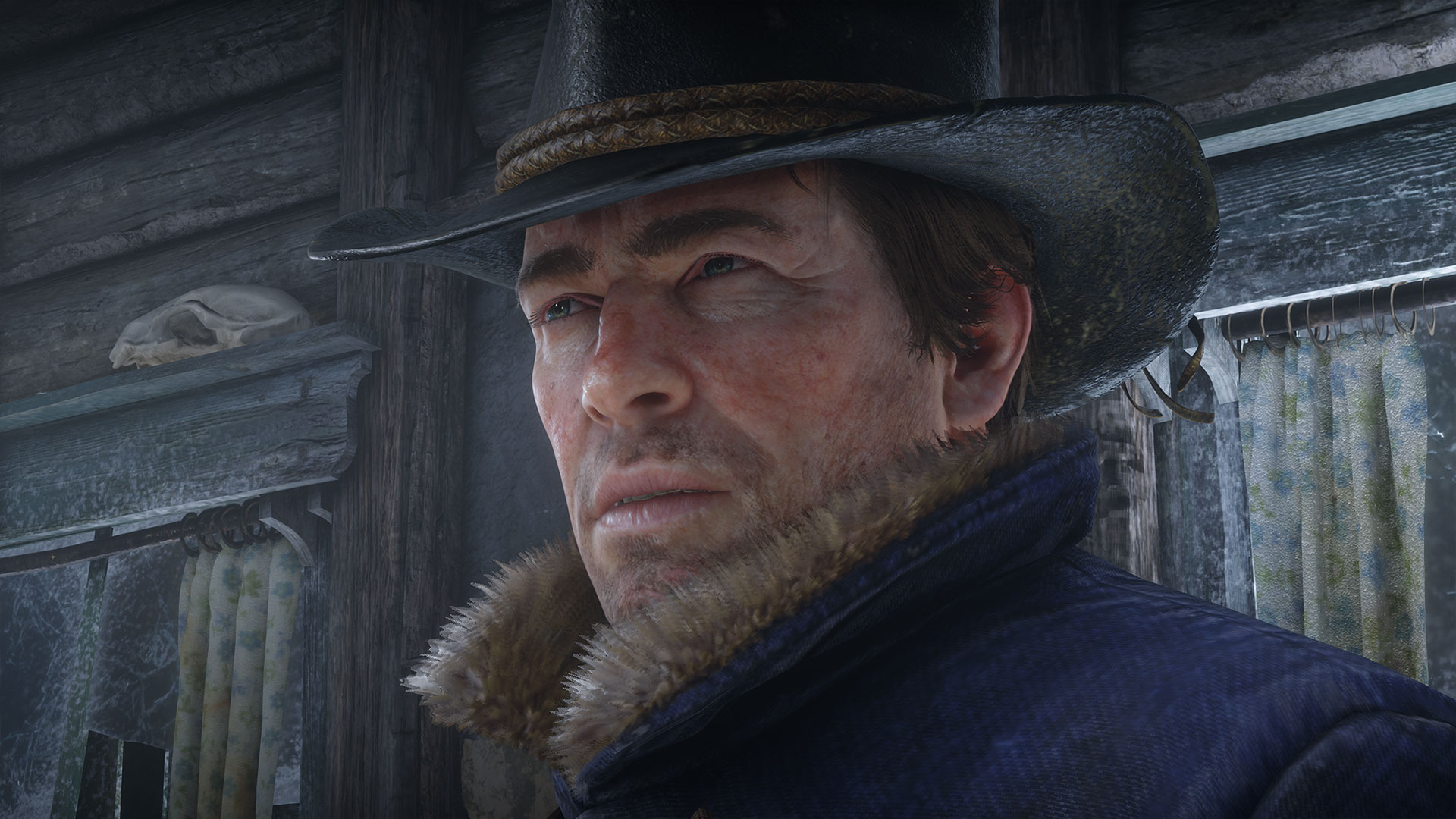- Published on
Former PlayStation boss Shawn Layden says 100-hour games are a 'mismatch' to today's reality: 'I haven't even opened Red Dead Redemption 2, because I don't have 90 hours'
Former PlayStation executive Shawn Layden argues that the trend of excessively long AAA games, costing hundreds of millions to develop, is unsustainable and mismatched with the time constraints of the modern gamer, advocating for shorter, more impactful experiences.

If you find yourself exhausted by the thought of all those 100-hour RPGs and open-world games in your backlog, you're in good company. Shawn Layden, who served for decades in executive roles at PlayStation, culminating in his tenure as chairman for SIE Worldwide Studios from 2014 through 2019, says that game development costs are skyrocketing to unsustainable levels, and part of the problem is that games have gotten very, very long.
Layden tells Eurogamer that game dev costs tend to double every generation. "The PS4 generation, which was the last I was associated with, game dev was 150m if you want to be top of the line, and that's before marketing," he explains. "So by that math, PS5 games should eventually reach 300m to 400m - and that is just outright not sustainable.
He compares modern game development to the elaborate, expensive cathedrals being built toward the end of the 18th century. "Can we continue to build these massive edifices to God for this incredible amount of labor and time?" he asks, adding that he's "afraid we've built AAA gaming into a kind of cathedral business" that's "probably grown too far already."
"How do we cap that? How do we bring that back? I think part of that answer is - and it sounds simplistic, but hear me out - I think games are too long. I haven't even opened Red Dead Redemption 2 because I don't have 90 hours. And I'm retired and I don't have 90 hours. For the longest time, we kept banging on about '100 hours of gameplay'. 'This is going to be awesome. It's 100 hours of gameplay!' Like that's the most important thing to know. That was a metric in the early years, when the average gamer was 18 to 23. And when you're 18 to 23, you're time-rich and money-poor. But as the average age of the gamer moved into the late 20s, the early 30s - well, it's the opposite, right? Maybe you aren't money-rich, but you're definitely time-poor. So I think our approach is a mismatch to that market, to reality."
Layden admits that he presided over plenty of 80- and 90-hour games, and he'll "be the first to say those weren't always 100 percent quality hours." These days, he'd "like to see a world where you can get back to 18 to 23 hours of gameplay, but with gameplay so compelling you don't want to put the controller down. I want the entire game to be like that moment in Resident Evil where the freaking dogs come through the window and you drop your controller out of fear. I want more of those kinds of game moments, if we can bring down the scale and scope."
And the issue of development costs compounds when 100-hour games meet the modern "obsession with photorealism," so developers are spending tons of time and resources across a game's development when perhaps "only 50 percent of players see the end of your game." He asks, "What would Coppola do if you walked out halfway through his movie?"
Of course, many of the most successful games of the past decade have been extremely long, and games like The Witcher 3, Elden Ring, Baldur's Gate 3, and even Layden's own example of Red Dead Redemption 2 certainly haven't suffered in terms of reception and sales because of their size. But how many studios might get crushed under the weight of trying to measure up to successes like those?
"I want a movement that gets more people to finish games," Layden says, "where we make it so compelling they just want to see it, and where it's not so onerous they don't have to spend three months doing it."